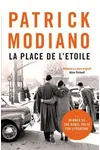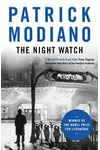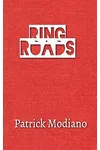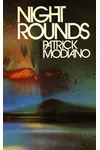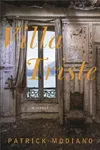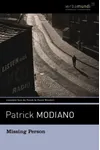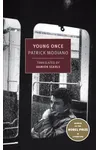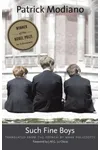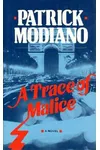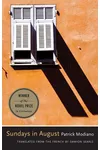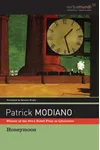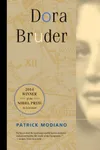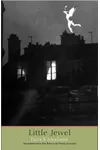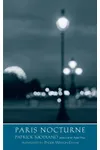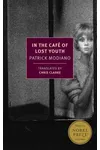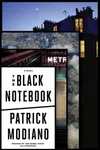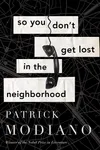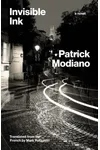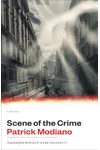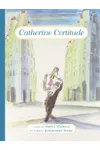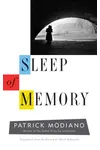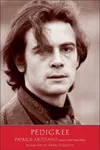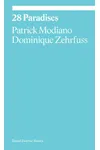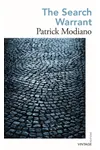Picture a French storyteller who weaves haunting tales of memory and loss—meet Patrick Modiano! Born in the shadow of World War II, this Nobel Prize-winning author crafts novels that blur fact and fiction, inviting readers into a dreamy, melancholic Paris. His works, like Dora Bruder and Honeymoon, explore identity and history with a quiet, poetic grace.
Modiano’s unique voice has captivated readers worldwide, earning him the 2014 Nobel Prize in Literature for his art of memory. Ready to stroll through his misty Parisian streets? Let’s dive into the life and legacy of this literary gem.
The Making of Patrick Modiano
Patrick Modiano was born on July 30, 1945, in Boulogne-Billancourt, near Paris, to a complex family with Jewish-Italian and Belgian roots. His childhood was marked by absence—his parents were often distant, and he was raised partly by his grandparents. The post-war atmosphere and his father’s shadowy wartime dealings left a deep imprint, fueling his fascination with memory and identity. As a teen, Modiano found solace in literature, publishing his first novel, La Place de l’Étoile, in 1968 at just 22. This debut, a bold exploration of Jewish identity during the Occupation, announced his singular talent.
Patrick Modiano’s Unforgettable Stories
Modiano’s novels are like half-remembered dreams, blending mystery with introspection. His breakthrough, Missing Person (1978), follows an amnesiac detective piecing together his past, a quintessential Modiano tale of lost identities. Dora Bruder (1997) is deeply personal, tracing the true story of a Jewish girl who vanished during the Holocaust, merging Modiano’s research with imagined details. Honeymoon (1990) weaves a tale of a man obsessed with a couple’s wartime disappearance, showcasing his knack for elusive narratives.
His style is spare yet evocative, with Paris as a vivid backdrop—think foggy streets and faded cafés. Themes of memory, guilt, and the scars of war run through his work, earning comparisons to Proust but with a detective’s edge. Modiano’s stories don’t resolve neatly; they linger, inviting readers to ponder the gaps.
With over 30 novels, including In the Café of Lost Youth (2007), Modiano builds a cohesive universe where characters drift through the same haunted city. His prose, often described as hypnotic, captures the fleeting nature of human connections.
Why Patrick Modiano Matters
Modiano’s impact lies in his ability to make the personal universal. His exploration of France’s wartime past—collaboration, resistance, and silence—resonates with readers grappling with history’s weight. The Nobel committee praised his “art of memory,” noting how he evokes “the most ungraspable human destinies.” His work has inspired filmmakers, with adaptations like Une jeunesse, and influenced writers drawn to introspective storytelling.
Beyond literature, Modiano’s quiet courage in confronting uncomfortable truths about identity and loss has made him a cultural touchstone. His stories remind us that the past is never truly gone—it shapes who we are.
About Patrick Modiano
- Born: July 30, 1945, in Boulogne-Billancourt, France
- Key Works: Missing Person, Dora Bruder, Honeymoon
- Awards: Nobel Prize in Literature (2014), Prix Goncourt (1978)
- Style: Poetic, melancholic, memory-driven
Want to get lost in Modiano’s world? Grab Dora Bruder and step into his haunting, beautiful Paris!
